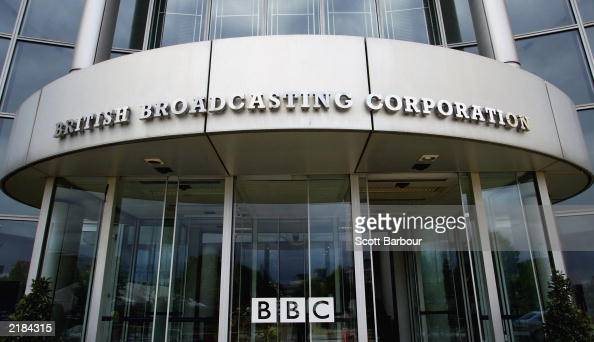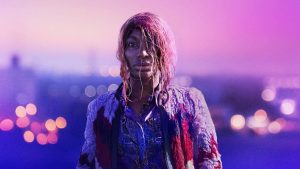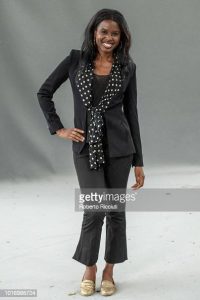
THE BBC believes it has made progress in diversifying both its on-air content and commissioning a wider range of people to make it after pledging £112m in 2021 to make it more diverse and inclusive.
It has spent £44m on 67 programmes last year as part of its pledge to boost diversity and inclusion both on-air and off-air.
Shows were produced by 48 distinct independent production firms, 73 per cent of them had diverse leadership and 10 per cent of which had never had a BBC commission before this year. Ninety different Radio commissions have also received £4 million in funding.

Figures were revealed in the BBC’s first Diversity Commissioning Code of Practise Report and comes after the organisation announced its Creative Diversity Commitment in response to the Black Lives Matter movements.
It has been said that the investment puts it on track to fulfil its ambition to commission diverse and inclusive content worth £112 million by 2023/24, with £100 million set aside for TV programming and £12 million set aside for radio.
The £100m programmes must meet two of the following criteria to count towards the commitment:
For all new commissions from April 2021 BBC asked the production companies to commit to at least 20 per cent of their production teams being from the following under-represented groups:
June Sarpong, BBC Director of Creative Diversity, says: “We know that having diverse creative talent, from a wide range of backgrounds, brings fresh perspectives, unique insights, expertise, and experience. This talent is also key to our creative innovation and enables us to continue making world-class content that has mass appeal. The BBC is for everyone and audiences from all backgrounds rightly expect to see themselves represented in our programmes.”

The corporation brought in respected broadcaster June Sarpong to help amidst criticisms that the broadcaster was doing little to reflect wider changes in the British population – either in front of the screen or behind it.
Sarpong was appointed to her newly created position at the BBC in 2019.
She told the Diversity Hub in a personal interview, why she believed those in positions of influence like the head of creative diversity should go on a journey to learn more about equality, diversity, and inclusion.
BBC TV also made investments in over 45 talent and skills development programmes in the past year, over 60 per cent of which were outside of London and 66 per cent of which had a diversity emphasis or aim. A total of 149 authors have received help from BBC Writersroom this year, with 33 per cent coming from ethnically diverse origins, 28 per cent coming from lower socioeconomic categories, and 25 per cent having a handicap.